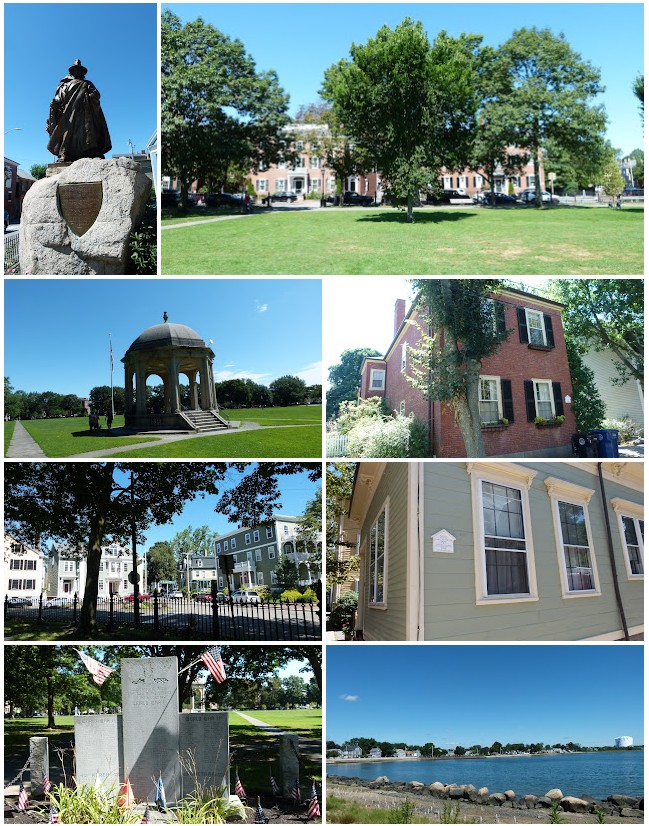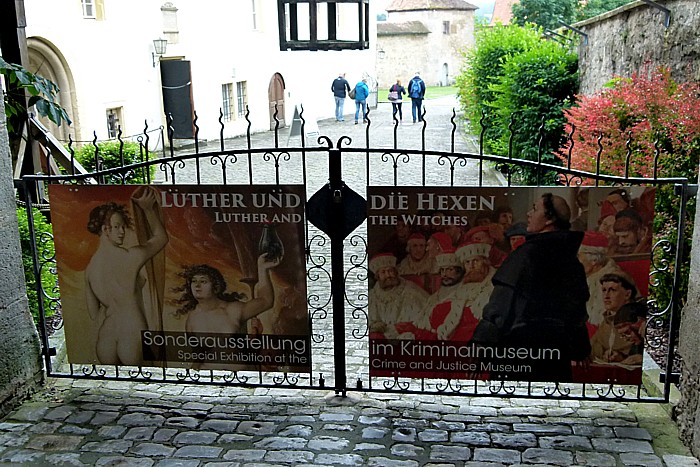Salem is an historic town, famous for the Witch Trials that took place here between February 1692 and May 1693, after some 200 people were accused of witchcraft by a group of girls. Trials were held and twenty people were either hanged or tortured to death. Another ten were jailed. This horrific descent into madness that gripped a whole community, is said to have had contributed to the secularism of the Founding Fathers, separating Church and State, and to have had a lasting influence on the American psyche.
Arthur Miller's 1953 play, The Crucible dramatises this stoy as a metaphor for Senator Joe McCarthy and the House Un-American Activities Committee's contempoary 'rooting-out' of aledged communist sympathisers. This is also referenced in the museum in Salem.
Today, Salem is beautiful, full of restored historic buildings and a delight to walk around, populated by friendly, apparently lovely, people. The real America? It's worth a visit, even if you have no interst in the history.
If you are interested in the Witch Trials, there is a museum, in an old church, in which there is an hourly performance, recreating aspects of those seventeenth century iniquities and that draws some parallels with recent history that are quite interesting.

As readers of my website will know I'm fascinated by human religions, including witchcraft, itself a form of religious belief.
Previously I've commented on Luther and his obsession with witches and the corresponding spread of witch-hunts across reformation Europe.
 Luther and the Witches - in Rothenburg, Germany - click on the gates to learn more
Luther and the Witches - in Rothenburg, Germany - click on the gates to learn more
And you may have read my novella: The Craft (on this website) that's about witchcraft in an imaginary futuristic dystopia.
